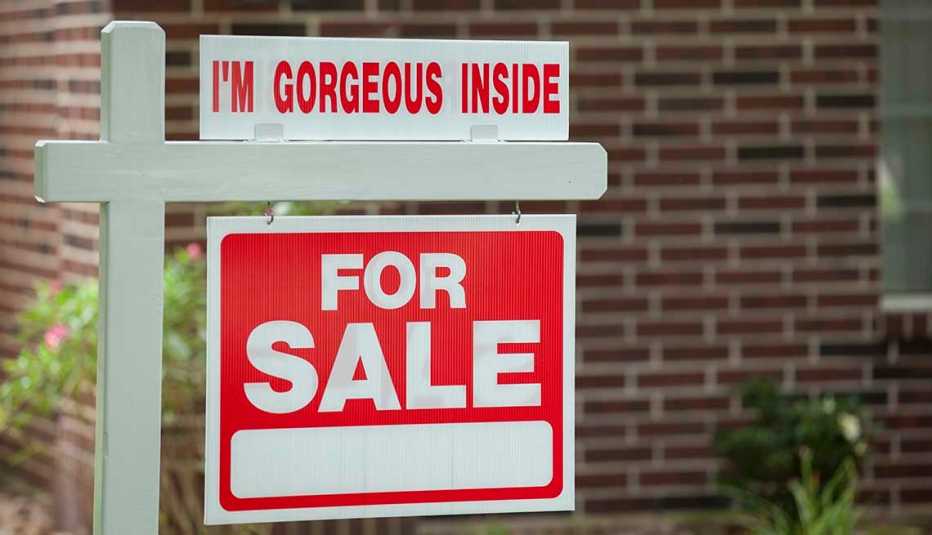AARP Hearing Center
Suzanne Seini, a Realtor in Southern California, is still doing some open houses. But she isn't greeting prospective homebuyers in person at a seller's freshly painted front door. She's meeting them online in virtual open houses, where shoppers can view a home's hardwood floors, quartz countertops and soaring 10-foot ceilings from their smartphones and laptops.
It won't be business as usual during this spring's home-selling season. The shelter-at-home and high-unemployment world we temporarily live in due to the coronavirus is to blame.
It's often said that real estate is an illiquid investment. Those are code words for hard to sell. And with the U.S. economy shuttered due to the coronavirus and social distancing as the new normal, selling a home will be especially challenging this spring. Closing a deal requires a new type of virtual salesmanship.
Housing market under pressure
It's shaping up to be a tough spring selling season: 90 percent of Realtors say buyer interest has “declined” due to the pandemic and 59 percent are delaying purchases, an April 9 survey by the National Association of Realtors (NAR) found.
"The U.S. housing market began to show signs of slowing in the second half of March,” according to Realtor.com's March Housing Trends Report, which offers the first glimpse of the impact COVID-19 could have on residential real estate. Listings are down. In the week ended March 28, for example, there were 34 percent fewer listings than the same period a year ago, according to Realtor.com. A similar analysis by Zillow, an online real estate site, found that listings were down 27.1 percent in the first week of April through the 5th.
Fewer homes put up for sale suggests that sellers are in wait-and-see mode and postponing their listings, says Danielle Hale, chief economist at Realtor.com.
In another sign of a slowdown, a measure of consumers’ views on housing market conditions in March fell to its lowest level since December 2016, according to Fannie Mae.
There's no denying, Hale says, that selling a home in the typically hot April–June selling season will be tougher due to the coronavirus crisis.
"This is not a normal year when it comes to the housing market,” Hale says. “There are very real obstacles to selling. Buyers and sellers need to go into the process with an open mind and with the unexpected in mind.”
But despite the challenges and a likely shift to a buyer's market, selling doesn't have to be mission impossible, either. There are still many people who must buy and sell due to life circumstances. And many deals will still get done. According to Lawrence Yun, NAR's chief economist, lower inventory also will help keep prices stable and aid sellers still looking to get a deal done. The government's move to allow current homeowners to skip mortgage payments during the crisis should also reduce the number of foreclosures hitting the market.
More high-tech than high-touch
"While we are putting a lot of life on hold, there's a lot of life that can't be put on hold,” says Skylar Olsen, senior principal economist at Zillow. If you must sell or want to sell your house in these unprecedented times, you'll need to embrace sales strategies that are more high-tech than high-touch, real estate professionals say.








































































